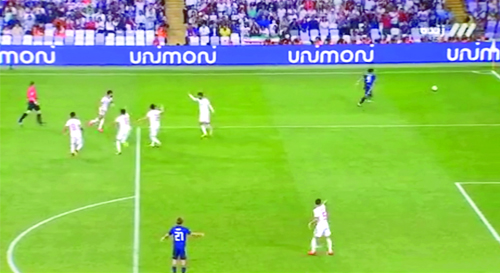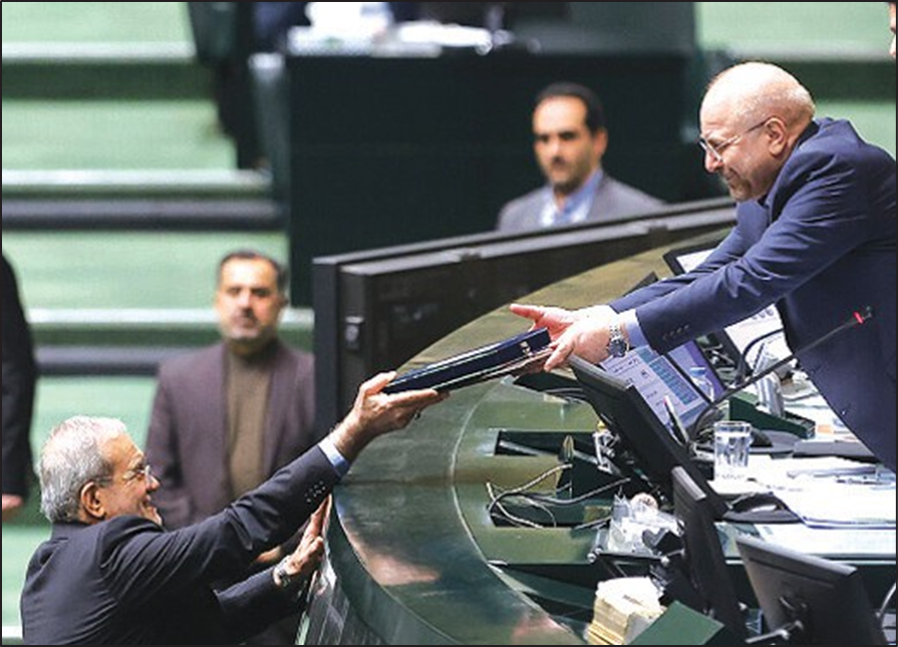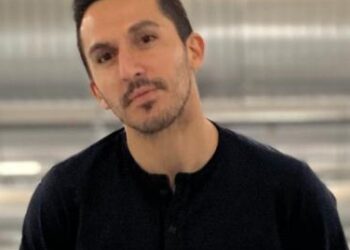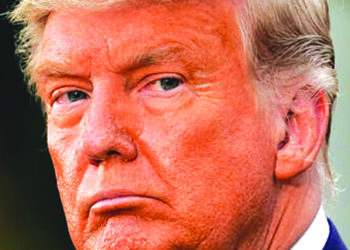February 15, 2019

The three major European powers have finally registered their “special purpose vehicle” (SPV) for routing trade with Iran outside US sanctions. But the business is only registered as a company; it still is not in operation and no one would predict when it would actually start operations.
What’s more, it is limited for now only to sales of medicines, medical devices and agricultural goods—the three categories the US exempts from its sanctions. So, as described, the new trade mechanism adds nothing.
Furthermore, it won’t start operations until Iran comes into compliance with all the standards of the Financial Action Task Force (FATF), something hardliners have so far prevented Iran from doing. And the hardliners are grousing loudly about the EU demand, with Judiciary Chairman Sadeq Larijani saying it is a “humiliating condition” that violates the nuclear deal itself.
The registration of the trade business was announced January 31 by the foreign ministers of Britain, France and Germany. In their announcement, they made two things clear. First, they want the United States to know that Europe wants to make its own trade decisions and not be pushed around by the American dollar. Second, they are angry at Iran for building more missiles and messing around in Syria, and want Tehran to know that their anger at Washington doesn’t mean they are any less irritated by the Islamic Republic.
Originally, France, Britain and Germany wanted the special purpose vehicle located in some other EU country. But every one of the other 25 EU countries balked. So, the organization will be located physically in Paris, will have a German banker, Per Fischer, as day-to-day manager, and will have a board with a British chairman, to be named later.
It will have a new name: Instrument for Supporting Trade Exchanges (INSTEX). Notice that the word “Iran” does not appear in the title.
It has been registered with a starting capital of 3,000 euros ($3,400), an inconsequential sum that isn’t enough to rent a closet at this point.
The current members are only Britain, France and Germany, but the expectation is that other EU members will join. The organizers said they hoped that eventually the “instrument” would be opened to non-EU states as well.
INSTEX will be “focusing initially” on “pharmaceuticals, medical devices and agri-food goods”—the three categories of trade exempt from US sanctions—but INSTEX “aims in the long term” to be open to all trade.
It took 4-1/2 months after President Trump announced the US withdrawal from the nuclear deal May 8 for the EU to decide to set up a trade mechanism. It has taken another four months to register that mechanism. But the statement plainly says no one yet knows how it will function. The announcement issued by the foreign ministers said INSTEX “will continue to work on concrete and operational details to define the way the company will operate.”
Iran will have to create a mirror company in Iran to handle trade from the other side of the equation—something which had not been mentioned until now, and which seemed to surprise Iranian officials.
The announcement also states baldly that the INSTEX is “conditioned upon Iran’s full implementation of its nuclear-related commitments” and that the organizers “expect Iran to swiftly implement all elements of its FATF action plan.” FATF has set a mid-February deadline for Iran to come into compliance.
US officials have muttered imprecations against the EU concept, but what has now been announced is so circumscribed that Washington probably doesn’t care.
German Foreign Minister Heiko Maas made clear the political driver behind the creation of the INSTEX. “It’s a step that makes clear that, even when others have a different opinion, we are capable in the EU of going our own way in a united and resolute manner.”
French Foreign Minister Jean-Yves Le Drian didn’t even pretend that INSTEX was a business or economic vehicle. “It is a political act,” he said bluntly.
Even if INSTEX eventually has dozens of other members and deals with trade beyond medicines, food and medical devices, it still isn’t likely to amount to much. What Iran wants is chiefly to buy hi-tech goods from Europe and to get multi-billion-dollar investments from Europe. But large firms that operate internationally do much more business with the United States than with Iran and aren’t willing to risk their US business for paltry revenues from Iran.
The main driver pushing for INSTEX appears to be small- and medium-sized German business firms that do no business in the United States and would like to clean up in Iran. Such businesses are politically powerful in Germany and that has made Germany the key advocate of what is now INSTEX.
Michael Tockuss, co-chair of the Iran-Germany Chamber of Commerce, said his group “estimates” there are 5,000 to 7,000 small and medium-sized German firms interested in trade with Iran.
Tockuss complained, however, that there was more “passion” on the part of the Americans to block trade than there was among Germans to continue trade. He said he personally knew at least 20 members of his group who had been visited by American officials and urged to drop trade with Iran. “It’s intimidation,” Tockuss said.
In Tehran, Deputy Foreign Minister Abbas Araqchi said it would take “a month or two” for INSTEX to be up and running. From Europe, Reuters reported it “will take several months more to become operational.”



















